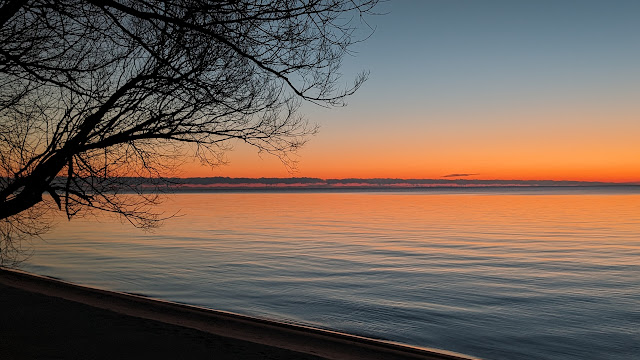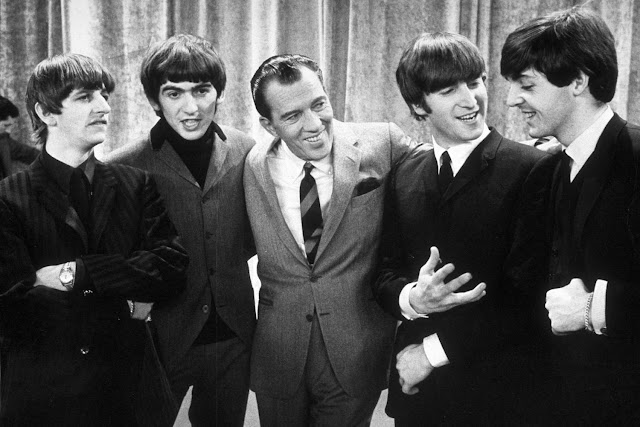Let's be clear about this. In Willa Cather's most beloved novel, My Antonia, a pure celebration of the beauty of the world of her childhood, she offers some intriguing complexities, specifically in gender or sexuality.
Her short preface gives the entire story to a childhood friend of hers, Jim Burden, an old friend but now a New York-based attorney for the railroad. She and Jim find themselves on a trip across the prairie together and get to talking, the trajectory of their conversation aimed precisely at the red prairie grasses where they grew up. Jim tells "the narrator," who we certainly can't expect to be any one other than Cather herself, that he's been toying around with a book about Tony Shimerda, a woman they both, long ago, deeply admired.
Once back in New York, Jim Burden drops by "our narrator's" apartment and drops off a manuscript. That manuscript, "our narrator" says, is My Antonia. Old English teachers could argue all day long about exactly why Willa Cather chooses to begin the tale that way--you're reading a story from a writer named Willa Cather, but it's actually written by her old friend? Seriously?
All right, we'll give her that mystery, but there's more. It's fair to say that Jim Burden may lack some typical male attributes. There is, after all, his proud worship of the Bohemian girl--she is his mother, his lover, his wife, he says; she's his everything. But that she's not at least her heart throb seems odd. In fact, at some moments throughout the novel, it's not a stretch to think of him as maybe a bit, well, gay.
Then there's Willa Cather herself, who, as a young lady, wanted to think of herself as a young man, and did, by dressing like a man, cutting her hair like a man, and signing the name "William," rather than Willa. She never married, lived with a woman named Edith Lewis for forty years. She was mightily circumspect about this area of her life, burning her letters and determining that what remained couldn't be opened for years and years.
Gender mysteries abound in this greatly famous novel. Please!-nothing I'm saying should lead you to think I'm nay-saying. I read it first when teaching, several times since. I've been to Red Cloud, Nebraska, four or five times, and I'd go tomorrow again tomorrow if someone would ask. I love her worship of the world where she grew up.
But there's this gender thing that's a little intrusive, and it begs some investigation, which you can be sure it's gathered throughout the one hundred years the novel has been around.
In the years that I taught "The American Novel," My Antonia didn't change a whit; however, the students did, and did so massively. I remember my first year, hardly daring to bring the subject up (it doesn't need to be, by the way). Perhaps incorrectly, I presumed that if my good, Christian students knew that the novel they held in their hands and had come to love--most have loved the novel--was written by a lesbian, it would affect their admiration and, well, them. My Antonia would suffer some shunning surely.
By the last time I taught it--and that must be 20 years ago--things had changed. Not only were good Christian students more questioning, they were downright fascinated and wanted to know quite desperately, "Was Cather gay?"
Answering that question only complicated matters, because no one can know for sure anyway--and besides, what would you look for anyway? Real Cather scholars frequently say she was in a "lesbian relationship."
It's been a long time since I've been through the novel, but I went back into its reveries this week for a discussion at the museum, all adults, many of them retired. Gender questions entered into the discussion, but they certainly didn't dominate.
Cather herself appears to have created some of those questions in this wonderful novel.
While as a culture we may have wandered far afield from the repressions of old, gone wildly across the line into spaces unheard of years ago, such as middle school kids demanding to be addressed as "we/they," I much prefer the freedom to deal with the questions Willa Cather's wonderful worship of her Nebraska childhood raises than leave them somewhere under lock and key.





































